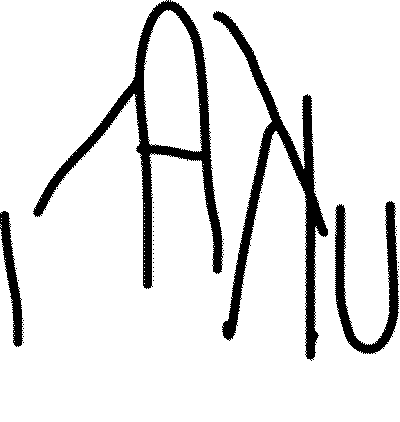Celebrating tools that hold and carry
2021 saw the release of both Jer Thorp’s Living in Data and the much-anticipated Atlas of AI from Kate Crawford.
What we appreciated about both works is that they start by asking about the kind of world we want to live in and from there explore the implications of AI on the lives we lead. Both Living in Data and Atlas of AI put humans and our environments first. They both also ask us to consider the role of power in the decisions being made and the choices available to us going forward.
UKAI was involved with an organization called the Maitri Platform from 2020 to 2022. For the most part, Maitri has existed below the radar, although a website is currently being constructed and there has been some attention elsewhere.
Assembled in March of 2020, over 100 leaders from around the world coordinated activity and provided mutual support to improve equity in the response to COVID-19. Through this work we have helped an organization repurposing sleep apnea machines for use as ventilators in Nigeria, Indonesia, Nicaragua and elsewhere. One member transformed his family’s garment factory in India into PPE and medical supply production. We have supported fundraising efforts for Indigenous women-led projects across the United States and brought in over $350,000 in new funding to support COVID response and recovery.
As the pandemic evolved, our focus shifted to India and the devastating crisis there. Principally this involved connecting different grassroots organizations, social entrepreneurs, institutional partners, suppliers, and others so that resources and support could flow through the system as effectively as possible, particularly to those facing barriers such as those experiencing sexual violence, those living with disabilities, and the rural poor. The global response to the crisis was massive and the scale of the response speaks to humanity’s ability to care for each other. However, by prioritizing scale, we often lose sight of the small and the local. A strong heart only helps a body when blood can reach the fingertips.
Maitri is an effort to ensure that all parts of the body are reached, and as a result, our work could seem inefficient by the standards of large-scale humanitarian response.
I am grateful for the 100+ volunteers and affiliated organizations that dedicated time and energy to supporting equitable responses to COVID. I am grateful for the nations and corporations donating resources to ease the suffering. Efficiency and growth create abundance, but also gaps. And those gaps can be mapped against our own assumptions and biases. Thankfully, folks have always tried to step in to fill those gaps, however imperfectly.
Our global economy innovated multiple vaccines to a novel virus with remarkable efficiency and speed. Millions of doses are rapidly produced yet we are confronted by the challenge of reaching those most in need. India is the pharmacy of the world and shortages there cascaded into Kenya, Uganda, Somalia and elsewhere. We produce what we need but we lack the technologies to hold it, to carry it, and to pass it on.
Artificial intelligence is very good at researching vaccines or optimizing their manufacture. To date, they have proved less able to ensure that those vaccines reach the most vulnerable. This is not a quality of the technology, but rather the assumptions that shape the development of the solutions we engineer. Ursula K. Le Guin in The Carrier Bag Theory of Fiction, remarks on how the earliest technologies were likely containers to carry other things - like food or a young child. However, she remarks that it, “is hard to tell a really gripping tale of how I wrestled a wild-oat seed from its husk” and so our stories became more and more about the ‘heroic’ work and technologies of the men, long spears and dead mammals. That pattern persists today.
Le Guin adds that, “If you haven’t got something to put it in, food will escape you — even something as uncombative and unresourceful as an oat. You put as many as you can into your stomach while they are handy, that being the primary container; but what about tomorrow morning when you wake up and it’s cold and raining.”
Every story about technology seems to be about getting bigger, higher, faster and as a result, our gains can escape us. It is cold and it is raining and only some stomachs are full.
Our hope is that the arts can play a role in drawing attention to this pattern of heroic technologies and the invisible work of care and containment. We produce more and more, but fail to develop the tools to hold and share these gains with those most in need. What other stories can we tell? What other solutions are possible? How do we imagine and build containers to hold and share our gains? How can our visions of the future reflect a desire to care, to maintain, and to support those in need?
Le Guin preferred novels because instead of heroes they have people in them. The model of AI taking shape at UKAI Projects also looks at systems through the lens of the novel. And we also hope to have AI systems designed around, among, and “for” people.

